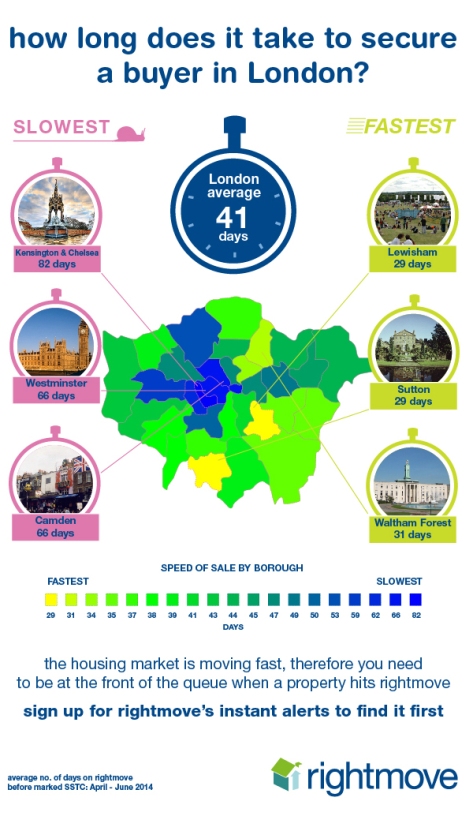London Mayor Boris Johnson has vowed that all parts of the capital will have access to internet connectivity one day, as part of his city-wide infrastructure overhaul.
The Mayor made the pledge in his highly-anticipated London Infrastructure Plan document, which was published earlier today and aims to address the city’s future infrastructure needs.
“London has a number of areas that have no or poor internet connectivity, many of which, left to market forces, may well remain unconnected,” the report states.
“We need to think differently about providing high-speed access to the internet via a combination of technologies.”
Johnson set out plans to build a London-wide “connectivity” network, that will use a mix of fibre and mobile broadband, and wireless technology to ensure internet access is available across the city.
The idea of using street furniture, such as bus stops and lamp posts, to deliver internet services across the capital was also mooted.
Earlier this week, it was announced that Johnson planned to use the document to declare that London will become the first capital city in the UK to benefit from 5G by 2020.
The report states this will be partially achieved by negotiating with Ofcom ahead of this date to ensure London has access to sufficient amounts of radio spectrum to deliver 5G services to its citizens.
“The Mayor will also work to ensure high-quality communication networks are installed in new developments, particularly in Opportunity Areas, following the example of the Queen Elizabeth Olympic Park,” the Infrastructure Plan report states.
The document also sets out plans to establish a Connectivity Advisory Group, featuring representatives from the Greater London Authority, local councils, the business sector and ISPs, who will be tasked with ensuring all areas of the capital can benefit from internet access.
Part of its remit will include embarking on a city-wide mapping exercise to ascertain which areas already have access to high-speed internet and the barriers that prevent other parts of the city from benefiting from it.
“The mapping exercise will be used to develop a connectivity ratings map, introducing an accurate and responsive rating system for individual properties both to assist consumers and providers, and to encourage developers and property owners to improve connectivity to their properties,” the document states.
“We will also work with estate agents and surveyors to develop ways of assessing properties for their connectivity and to ensure that such assessments become part and parcel of building surveys in the future, given their importance to consumers and businesses.”
It will be responsible for profiling the business and residential areas of London to ascertain their future connectivity needs, and consider ways to encourage adoption of high-speed internet access.
Furthermore, it will be called upon to look for ways that the capital’s existing infrastructure can be used to improve the availability of high-speed internet services.









